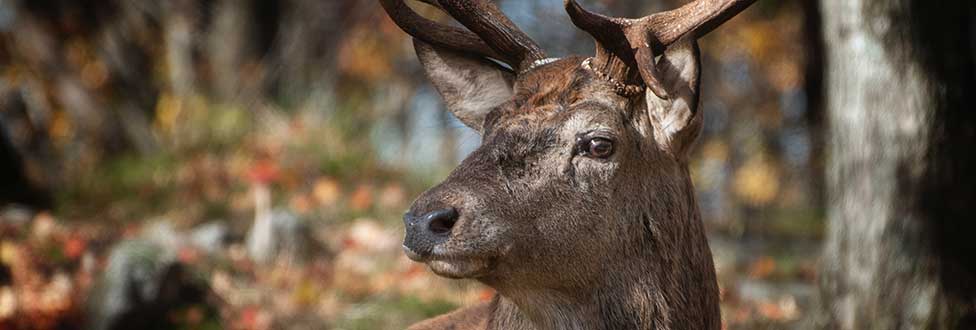ARL Advocacy: Poaching
While Massachusetts has one of the country’s oldest animal welfare laws and has made strides to protect companion animals over the past decade, laws regarding poaching are woefully outdated. Poaching includes illegal hunting, trapping, and fishing. Many of the penalties for violating these laws have not been updated for almost a century.
Poaching is often depicted as something that targets exotic animals; we see pictures of endangered species illegally hunted as a trophy. However, poaching is not limited to endangered or exotic species. Poaching is simply a violation of hunting laws and include many animals that are lawful to hunt.
Concerns about violations of hunting laws lead to the Interstate Wildlife Violator Compact, an agreement signed onto by 48 states to suspend hunting privileges for violations in other states. Massachusetts is one of only two states not signed onto this compact. What does this mean? It means that Massachusetts does not automatically consider out-of-state violations from for those with a hunting license in Massachusetts.
An Act further regulating the enforcement of illegal hunting practices (H.4131, text here) filed by Senator Michael Moore, Representative Lori A. Ehrlich, and Representative Ann-Margaret Ferrante would bring Massachusetts penalties in line with those commonplace in other states, join Massachusetts with the 49 other states as members of the Interstate Wildlife Violator Compact, and strengthen protections for wildlife in Massachusetts. This bill was reported favorably from Committee and is in House Ways and Means.
Poaching harms wildlife populations, impacting conservation efforts and lawful hunters alike. Enforcement and appropriate penalties for such violations across the country is a crucial component of protecting animals in their habitats.
Learn more about ARL’s position on hunting here: ARL Position Statement on Hunting

